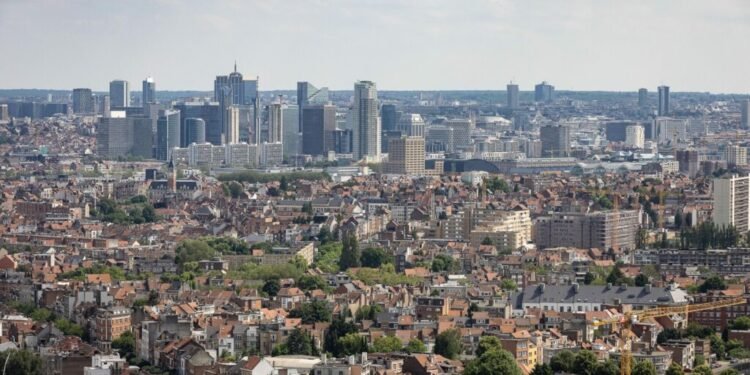Brussels, Jan 17 (EFE) speed up the reforms and investments promised in their recovery plans.
“Although there is some positive news, there is no time for complacency. Member States do not have time to lose to implement the reforms and investments of their recovery plans,” he said at the press conference after the meeting of ministers of Finances of the European Union (EU).
The highest economic official of the Community Executive pointed out that the bloc is still in a context of “great uncertainty” and added that this year “should be the year in which the most disbursements are made” within the European anti-crisis fund.
The Recovery and Resilience Mechanism is the main program of the recovery fund and provides for some 725,000 million between direct aid and loans. To date, countries have received about $94 billion in grants and another $45 billion in credits.
“High inflation, interest rates and energy prices have left many people and businesses struggling. These combined negative effects are affecting consumption and investment and require a coherent response,” Dombrovskis said.
However, he acknowledged “some positive developments” that suggest that “the contraction expected at the end of last year will not be as pronounced” as expected.
In particular, he cited lower oil and gas prices, a strong labor market and the fact that inflation “seems to have peaked”; and added that all of them will be “reflected” in the update of the economic forecasts that the European Commission wants to present at the beginning of February.
In addition, Dombrovskis informed the state ministers of the talks with the United States to try to alleviate the effect on the European industry of the green subsidies law approved by Washington, before meeting this afternoon with the US Trade Representative, Katherine Tai.
EU Has Gained Time to Negotiate
Despite the fact that the EU has gained time to negotiate due to the delay in the implementation of the law in the US, Dombrovskis urged upon his arrival at the meeting to be “realistic” about the fact that the talks “will not solve all the problems”, for what the EU must give its own political response to a measure that it considers discriminatory and could push companies to leave Europe.
In this sense, he announced at a press conference that the European Commission will present its plan for this on February 1, after the president of the Community Executive, Ursula von der Leyen, has outlined a plan today at the Davos Forum to promote the clean technology industry and European competitiveness against American or Chinese subsidies.
This “Industrial Plan of the Green Pact” provides for a law on zero emissions for the industry in order to promote the production of clean technologies, make European public aid regulations more flexible and create a “sovereignty fund” to promote investments, as well as promote trade agreements with third countries to diversify supplies.
Asked about the relaxation of public aid, which is feared will generate a competitive advantage for the richest countries in the EU to the detriment of other partners, Dombrovskis assured that it would be “selective adjustments”, since it seeks to maintain equal conditions within of the Community market.
This article is originally published on swissinfo.ch




